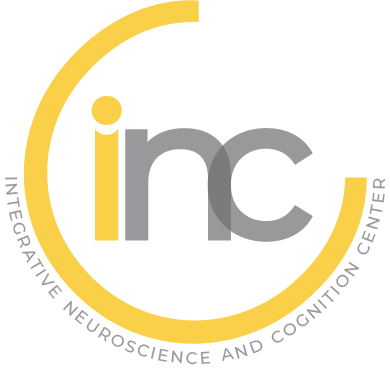Speaker
-
Mario Buenrostro JáureguiDr. - Laboratory of Neuroscience - Universidad Iberoamericana - Mexico
Obesity and food addiction in animals and humans: The environment as the primary mediator, by Mario Buenrostro Jáuregui
Obesity and food addiction in animals and humans: The environment as the primary mediator
Summary
Obesity and food addiction are current issues in the Western world. While the problem may seem straightforward in terms of energy consumption, the complexity of interactions among various factors, including brain, hormonal, energetic, motivational, social, and environmental mechanisms, makes it much more challenging to comprehend. Research conducted in animal models as well as in humans enables us to gain a better understanding of the underlying mechanisms of this phenomenon. This understanding will aid in the development of more effective prevention and intervention strategies. Here, we will discuss some of our ongoing research on obesity, stress, and food and drink consumption, conducted in both rat models and human subjects
Short Biography
Psychologist with a PhD in behavioral sciences focused on neuroscience from the Institute of Neurosciences at the University of Guadalajara. He completed a two-year postdoctoral fellowship at the University of Barcelona. Currently, he serves as the head of the Neuroscience Group at the Universidad Iberoamericana in Mexico City. He is the author of chapters and scientific research articles published in prestigious international journals and publishers. His specialization includes the study of motivated behavior, the mesolimbic (reward) pathway, the mechanisms of drug abuse and their behavioral effects, and neuroplasticity processes. He developed open-source software for recording rodent behavior. He is currently co-leading the Conductoma project, which aims to understand the relationships between risk factors and specific behaviors that contribute to obesity.
